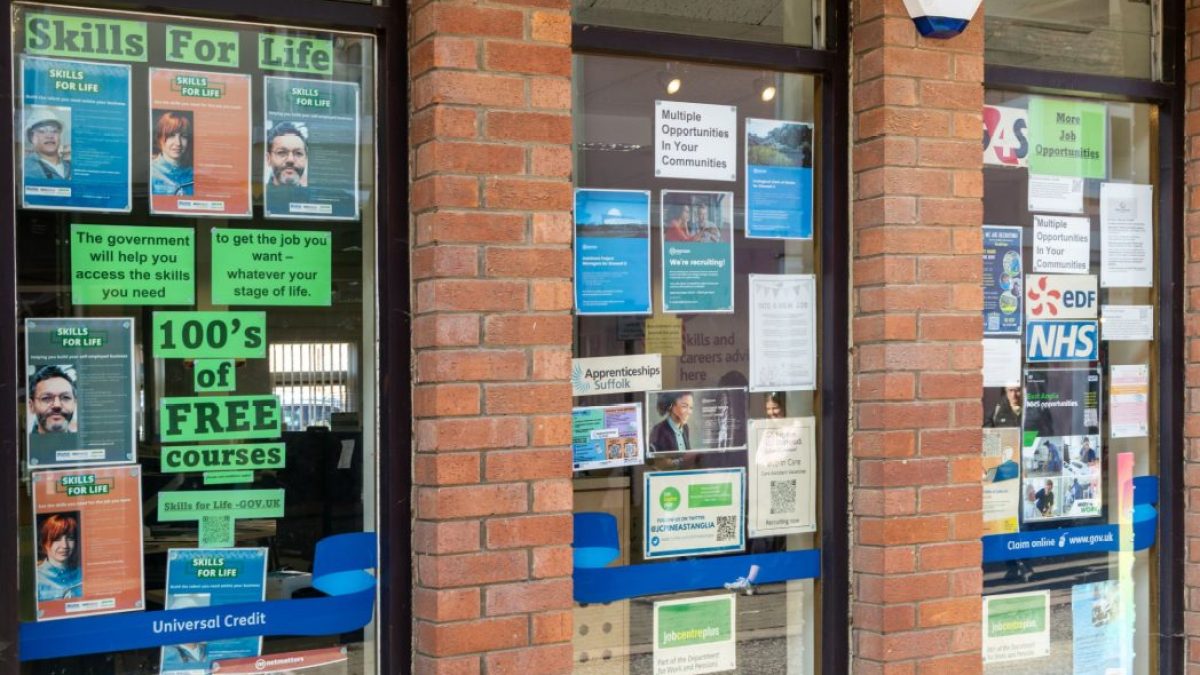Careers advisers are to be ’embedded’ in health centres to help sick and disabled people into work
Job support for tens of thousands of sick and disabled people is to be rolled out to GP surgeries and other health centres as the Government seeks to cut the welfare bill.
The Government is expanding a pilot scheme which sees career advisers and other employment experts embedded in health care settings.
They will offer tailored support with local knowledge, which can include “virtual reality” training for interviews, workshops to improve confidence and communication skills and offering to help parents find childcare.
New FeatureIn ShortQuick Stories. Same trusted journalism.
The specialists will also work with employers to ensure they are able to provide the appropriate working environment.
Healthcare professionals who think a patient might benefit from the support can refer them to the voluntary service.
The Government is trying to tackle the rising number of people off work and claiming benefits due to sickness, or a disability.
It has previously warned that if the welfare system is not reformed, the number of working-age people on disability benefits is set to more than double this decade to 4.3 million.
More than 40,000 more people will receive intensive employment support under the £167.2m injection into the government’s Connect to Work programme.
People who are out of work, due to a disability or health condition that affects their ability to move into employment, will be offered intensive, tailored help.
Areas where the scheme will be available
The expansion of the scheme, first announced earlier this year, will see the programme rolled out to nine more areas in England, covering a five-year period.
It will be launched in Cumbria, Oxfordshire, West Sussex, Brighton, Devon Plymouth, and Torbay – as well as the North East and South Midlands.
It comes after an initial pilot of the scheme was introduced in west London in May, and funding to roll out the support in Portsmouth and Solent was announced last month.
The Government said these initial launches have already helped people into employment, but the first concrete data showing its effectiveness is expected to be published next year.
The total funding for the scheme is more than £1bn, with an estimated 300,000 people supported, the Department for Work and Pensions said.
Spending on working-age disability and incapacity benefits will rise to £70bn a year by the end of this Parliament in 2029-30.
Over one in four people out of work cite sickness as a barrier to employment – up from one in ten in 2012.
Work and Pensions Secretary Pat McFadden said too many people with health conditions are being written off, pointing to the roughly 2.8 million people out of work in the UK due to long-term sickness.
More stringent rules around who can claim the health element of universal credit are being brought forward by ministers under efforts to cut spending in this area.
The Universal Credit Act, passed earlier this year after ministers were forced to water down planned restrictions on disability benefits, is due to come into force in April.
Efforts to cut the welfare bill
It will reduce the rate people can claim for being out of work with a health condition, and increase the basic rate of universal credit, to reduce what the Government has described as “incentives” to be signed off sick.
There will also be tougher employment conditions for new benefit claimants who previously would not have had to look for work, due to their health condition.
A separate review looking at how the assessment process for disability benefits (personal independence payments, or PIP) can be reformed is also due to report back next year.
Efforts to cut PIP entitlements for disabled people on benefits were scrapped by the government after severe backlash from Labour MPs.
McFadden said: “Writing off people with long-term health conditions or disabilities fails them and fails our economy.
“We are giving people a hand up, not a handout, realising their potential and providing them with the skills to succeed as part of our Plan for Change.
“Thanks to local areas hitting the ground running, it is already delivering results – proving that when we invest in people and communities, everyone wins.”
